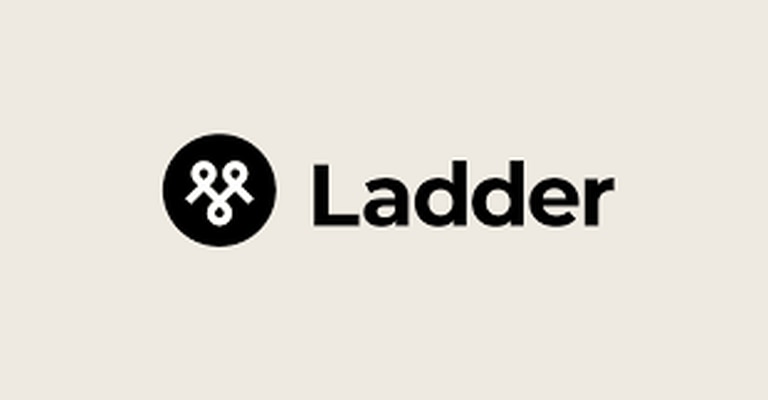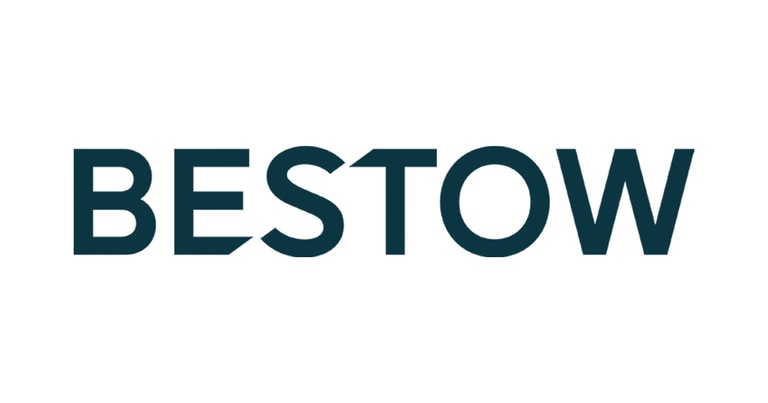Life insurance is often perceived as one of those things that is decidedly “adult.” A life insurance policy can seem like a strange thing to millennials - something to put off for years, or even decades.
For most 20-somethings, life insurance for millennials may be an afterthought. It’s still important to understand what it is, the benefits it provides, and when it might be critical to have a policy.
What is Life Insurance?
There are two Reddit posts (here and here) that do a great job at diving into what life insurance is and the purpose it serves. I’ll distill the necessary details if you don’t have time to do a thorough reading, but encourage you to check out those threads, the comments, and other posts on the personal finance subreddit when you have time.
The primary reason to retain a life insurance policy is, of course, to provide for your dependents financially if you die. But it’s not as simple as just buying a policy. First, you’ll need to choose what kind of insurance suits you best. There are two main categories of life insurance: term and permanent (commonly referred to as whole life).
Whole Life Insurance
This is permanent. It’ll be there for, as the name suggests, your whole life. These policies have an account attached to them that accumulates cash value and can earn dividends. You can look at whole life insurance as a sort of investment vehicle, though we’ll get to the cons of that in a bit. You can borrow against your whole life insurance policy, you can re-invest or use the dividends to pay the premium, and you can generally build savings in the same way you would through another investment vehicle.

There are other kinds of policies, chief among them universal life insurance, which is a form of permanent insurance that lets you change premiums, benefits, and access to the cash value of the policy. The goal of universal life insurance is to let you contribute enough interest-earning funds to make up for the cost of your policy going up as life goes on. It sounds great on paper but is a complex subject worth its own post. I’d strongly encourage employing the services of a fiduciary (not your insurance agent) to explore this further.
Term Life Insurance
This lasts for a set amount of time, generally anywhere from five to 30 years. You pay a monthly premium, just like with auto insurance, in exchange for an amount of cash if you die during that time. Of course, as you get older, your risk of dying increases, and monthly premiums increase with that. A 20-something today might be able to get a $500,000 10-year term life insurance policy for $30/month, for example. At the end of those 10 years, they’d have to renew the policy, likely at a higher premium. Think of term life insurance as temporary, similar to leasing a car.
Learn More: How Much Life Insurance Do You Really Need?
Where To Get Term Life Insurance for Millennials
You might believe the best life insurance for millennials is expensive and daunting when you’re trying to figure out what you can pay for. The truth is that, with a decent company, it isn’t. Here’s where you can look for affordable life insurance quickly.
Ladder

Since its start in 2015, Ladder has introduced a product structure that makes millennials’ life insurance more accessible and easier to manage for all.
Its purpose is to offer flexible, simple, and affordable term coverage with no hidden fees or penalties. With a policy through Ladder, you’ll be able to get competitive insurance rates today while knowing you can change this policy later due to major life changes (marriage, children, buying a home, etc.).
You can apply for a term policy from $100,000 to $8,000,000 in coverage. Typically, new customers range from 20 to 60 years old, and policy terms start at 10 years and go up to 30 years. If you feel you need more protection in the future, simply apply for additional coverage.
Bestow

Bestow was created to make purchasing term life insurance simpler and less of a hassle.
The company promises to make the whole procedure simple and inexpensive while shortening the time-consuming process by eliminating the need for medical exams and lengthy applications. Bestow exclusively sells term life insurance policies. It doesn’t provide permanent life insurance (whole life, etc.).
The medical component of the process is straightforward, with questions focused on your health and lifestyle choices. Most importantly, Bestow doesn’t require a medical exam. Many millennials will benefit from this because it eliminates the necessity for one.
Policygenius

Compare rates from several insurance providers using Policygenius. It’s more than just an aggregator site, though.
It operates more like a traditional insurance agent with an attractive online twist. It takes you through the insurance purchase process rather than immediately handing you off to an insurance company. So, you get the convenience of an online insurance quote aggregator and broker-level personalized services.
You don’t have to pay anything directly to get an insurance policy through Policygenius. It collaborates with a small number of insurance firms that are all considered to be highly rated. The insurance companies pay Policygenius if you buy a policy through the aggregator site. That cost is directly written into the insurance quote.
Do I Need Life Insurance?
If you’re a millennial with no dependents, you might not need life insurance. I’d almost go so far as to say if you’re any age without dependents, you might not need it. Again, the purpose of life insurance is to allow loved ones to live without the burden of your lost income.
If you’re unmarried and childless, there are a few scenarios where life insurance for millennials might be warranted (which I’ll cover next). If you’re married, but without kids, you can also consider skipping a life insurance policy. Only go this route if your spouse is working with sufficient income and wouldn’t be significantly burdened financially by your untimely death.
Also Helpful: The Complete Guide to Life Insurance
If you have dependents, you’ll want to think carefully about the right insurance for you. Most will want a term policy, as that covers most lifestyle scenarios. Whole life is beneficial if you have long-term dependents, like a disabled child or spouse. (In this case, I would argue that you should also consider trusts.) As I suggested above, I encourage you to contact a fiduciary to work through this. Your insurance agent’s goal is to sell you a product, not provide you with the right financial advice.
Life Happens has a very simple calculator that can be used to gauge the right policy for you.
Final Expenses and Debt Repayment
There are two common reasons for millennials to take out life insurance. Usually, it is to cover their funeral and to repay any outstanding debts. Both of these are worthy of consideration.
Average funeral costs range between $7,000 to $10,000. An appropriately-sized emergency fund might fully negate that cost or significantly offset it. This would effectively eliminate the need for a life insurance policy. Make sure to contact your bank to ensure that accounts are properly set up to transfer upon death.

Perhaps you don’t have enough transferable liquid assets to cover this cost, and have no other dependents or final expenses. In this case, I’d argue the money for a small policy to cover funeral costs is better spent elsewhere. Namely in building up that emergency fund.
Related: Will Family Members Inherit Your Debt?
Debt repayment is a tricky subject, as this involves loans of all shapes and sizes. Primarily, you need to understand which of your debts, if any, will transfer to a co-signer or spouse, or go unforgiven. Many student loans, nearly all auto loans, and most other individual debts can’t be transferred to heirs, spouses, or other family members who haven’t co-signed.
One exception to this is if you live in a community property state. There, a spouse may be held liable for debts. If you have student loans for which your parents co-signed, you may want a policy to cover balances upon your death. I’ve personally encountered this in the past. I had to pay off a private student loan that was also in my mother’s name.
Planning For the Future
You might not need life insurance now, but you should definitely plan for it and understand when you’ll need a policy. Whether you have student debt you don’t want to weigh down others or are planning for the future; life insurance is smart. Getting married, having children, or having other loved ones that you want to care for (your parents or siblings, for example) all necessitate a close look at an appropriate life insurance policy.
Policygenius won’t ask for private info, make you talk to salespeople, or force commitment, so consider checking them out. Always keep in mind the primary purpose of life insurance and contact a fiduciary or estate attorney if you find yourself in a complex situation.









